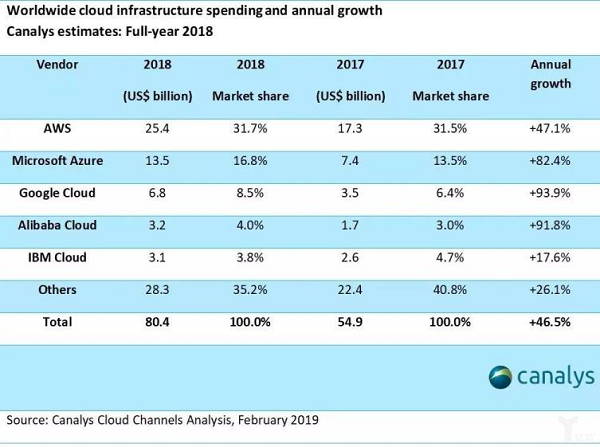General introduction

Hangzhou
Software and information services
Hangzhou is renowned throughout China for its advanced software and e-commerce industry. In 2017, 10 enterprises in Hangzhou were listed in the top 100 Chinese enterprises in terms of comprehensive competitiveness in software and information technology services.
In the first half of 2018, the business income of the industry reached 246.86 billion yuan, accounting for 15.9 percent of the nation’s total. It ranked fourth among all cities in the country in terms of business scale.
Cloud computing and big data
Hangzhou is a world leader in cloud computing, big data infrastructure, industry platforms and application service. It is home to renowned enterprises such as Alibaba Cloud, NetEase Hangzhou, and Dt Dream.
According to Canalys Cloud Channels Analysis released by the International Data Corporation, in 2018 the business revenue of Alibaba Cloud, the largest cloud service supplier in Zhejiang, reached 3.1 billion yuan, with its market share ranking fourth in the world.

Market share of Alibaba Cloud, a Hangzhou-based technology giant, ranks among the top in the world in 2018. [Photo/idc.com]
Internet of things
Hangzhou is a State-level demonstration base for the internet of things (IoT) and is at the leading edge in video surveillance, radio frequency identification and intelligent instruments. The city has attracted a significant number of major IoT companies, including Hikvision, Dahua Technology and Holley Technology.
In 2016, the main business revenue of the IoT sector was 110.54 billion yuan, up by 23.6 percent year-on-year. The main business revenue increased by 22.5 percent in 2017.
New energy
Hangzhou's new energy industry has a relatively complete industrial chain and several leading industrial companies in water treatment, hydropower equipment, photovoltaic and LED.
It is capable of producing marine power generation units with the world's largest installed capacity and has the world's most advanced air separation equipment. There are 15 listed companies and 10 State-level technology centers in the local new energy industry.
In 2018, 7,257 new grid-connected photovoltaic projects were added in the city, with an installed capacity of 240.9 megawatts, as well as 6,851 household photovoltaic projects with an installed capacity of 52.84 MW.







